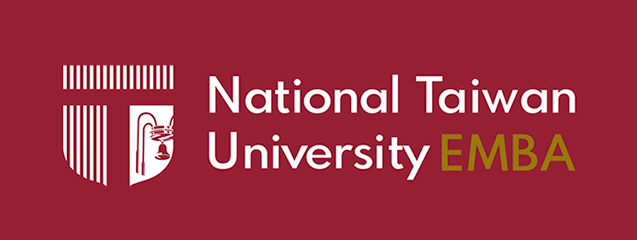
Dean of the College of Management, National Taiwan University
Dr. Shing-yang Hu
Choosing to study EMBA means choosing to make a big change in life. Although everyone has different motivations to make this choice, how can we make this change to have the greatest effect?
Research in neuroscience over the past few decades tells us that even for adults, the brain still has great plasticity and learning ability. The root of plasticity lies in how to increase the number of neurons in the brain and how to increase their communications and connections with each other. Learning allows new neurons to mature and integrate into the brain. In experiments with mice, it was found that without studying hard, newborn neurons would die within a few weeks. Learning new things will also give neurons new connections.
Learning must be wide and deep enough, and after time precipitation and tempering, insight can be generated. Morris Chang, the founder of TSMC, said: "A knowledge system is a pyramid, and you may need to build several pyramids. For example, semiconductors are a very large industry and are greatly affected by the financial changes of the world's major powers. So I need several pyramids, and after hard thinking, or when lightning strikes, insight will come."
Which pyramids can generate the insight you need? You don’t necessarily know in advance. The calligraphy class Steve Jobs took at the university later contributed to his requirements for the aesthetics of Macintosh Computer fonts. At the 2005 Stanford University commencement, he said "You can’t connect the dots looking forward; you can only connect them looking backward."
Prejudice will prevent us from learning. Each of us has prejudices, and prejudices come from the knowledge and experience we have learned in the past. Although prejudice helps us deal with the things we have experienced and repeated, prejudice will also prevent us from learning new things. EMBA provides a variety of learning opportunities. We need to let go of prejudices, learn broadly, learn deeply, accumulate and refine, generate our own insights, put them into action, and achieve change.
Research in neuroscience over the past few decades tells us that even for adults, the brain still has great plasticity and learning ability. The root of plasticity lies in how to increase the number of neurons in the brain and how to increase their communications and connections with each other. Learning allows new neurons to mature and integrate into the brain. In experiments with mice, it was found that without studying hard, newborn neurons would die within a few weeks. Learning new things will also give neurons new connections.
Learning must be wide and deep enough, and after time precipitation and tempering, insight can be generated. Morris Chang, the founder of TSMC, said: "A knowledge system is a pyramid, and you may need to build several pyramids. For example, semiconductors are a very large industry and are greatly affected by the financial changes of the world's major powers. So I need several pyramids, and after hard thinking, or when lightning strikes, insight will come."
Which pyramids can generate the insight you need? You don’t necessarily know in advance. The calligraphy class Steve Jobs took at the university later contributed to his requirements for the aesthetics of Macintosh Computer fonts. At the 2005 Stanford University commencement, he said "You can’t connect the dots looking forward; you can only connect them looking backward."
Prejudice will prevent us from learning. Each of us has prejudices, and prejudices come from the knowledge and experience we have learned in the past. Although prejudice helps us deal with the things we have experienced and repeated, prejudice will also prevent us from learning new things. EMBA provides a variety of learning opportunities. We need to let go of prejudices, learn broadly, learn deeply, accumulate and refine, generate our own insights, put them into action, and achieve change.
